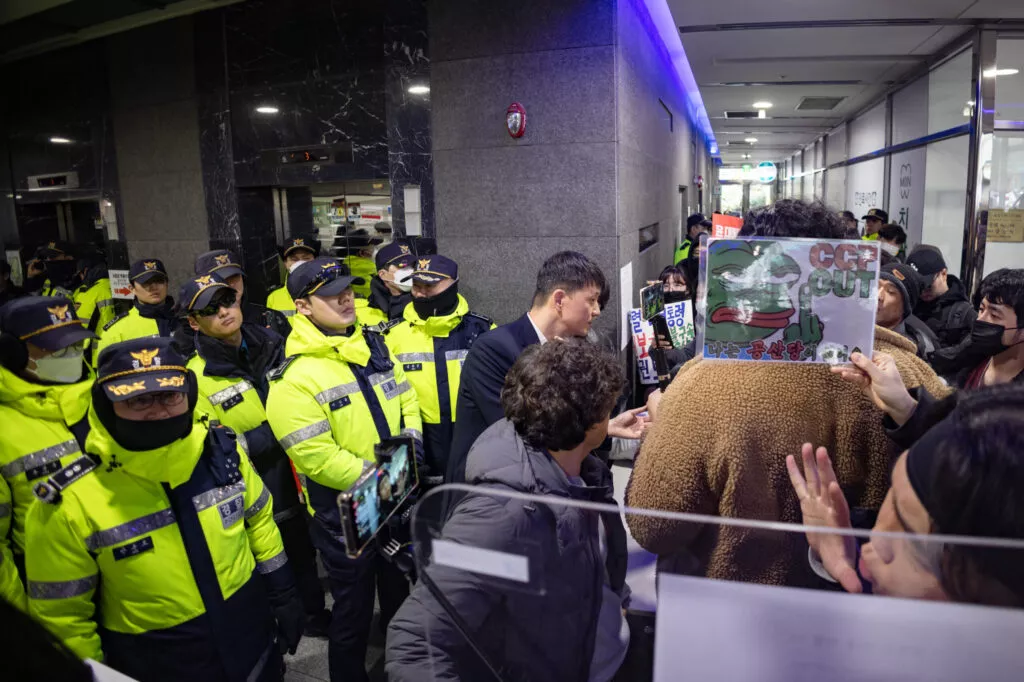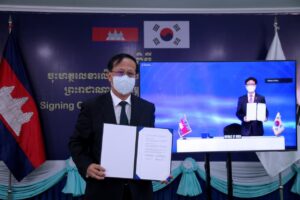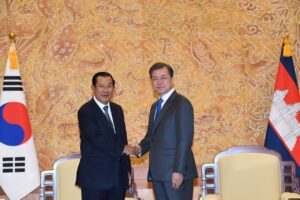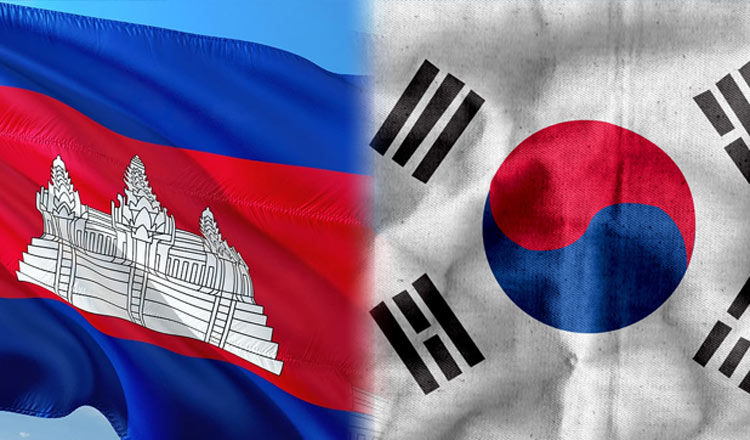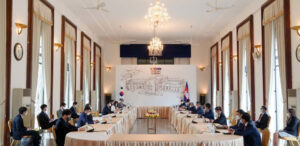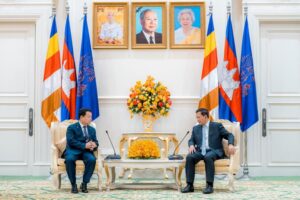South Korea’s economy in tatters amid political turmoil
South Korea’s political turmoil and weak domestic demand, following the declaration of martial law and the impeachment of President Yoon Suk Yeol, have led to economic instability and concern among foreign investors. To aid recovery, policies promoting economic stability and social integration are needed, which include international cooperation, diversifying export markets, strengthening social safety nets, supporting small businesses and maintaining political stability and consistent economic policy.
South Korea has entered one of the most uncertain times in its modern history. The aftermath of President Yoon Suk Yeol’s declaration of martial law on 3 December 2024 has caused political turmoil and led to the impeachment of both Yoon and Prime Minister Han Duck-soo. Consumer spending is down, and the economy is beginning to suffer.
The December 2024 Consumer Sentiment Index was 88.4, down 12.3 points from November (100.7). It is the most significant drop since March 2020 (-18.3), the beginning of the COVID-19 pandemic. Restaurants now often operate only in the evening, without opening during the daytime on weekdays. The end-of-year peak season has also disappeared, indicating a weak consumer market.
To make matters even worse, Jeju Air flight 2216 crashed at Muan International Airport on 29 December 2024, prompting the government to issue a national mourning period until 5 January 2025. This has further dented consumer demand, especially for low-cost carriers, mainly for domestic flights. Jeju Air had 68,000 ticket cancellations from 29–30 December 2024.
Ahead of the Lunar New Year period, one of South Korea’s biggest holiday seasons, the government designated 27 January 2025, prior to the Lunar New Year holiday period from 28–30 January, as a temporary public holiday to stimulate and revitalise domestic demand by establishing a six-day holiday period from 25–30 January. But South Koreans chose to go on overseas holidays rather than spend domestically. From 24 January to 2 February 2025, 214,000 people departed overseas via Incheon International Airport, the highest number since its opening in 2001.
South Korea’s political and economic instability is a concern for foreign investors. The Korea Composite Stock Price Index saw foreign investors sell off more than US$700 million in stocks from 4–6 December, just after martial law was imposed. The Korean won to US dollar exchange rate peaked at 1480 won for every US dollar on 27 December 2024, the highest rate in 15 years. The soaring foreign exchange rate is deepening the country’s recession. South Korea has suffered from high inflation for a long time and domestic demand continues to stagnate.
The absence of leadership as Yoon’s impeachment goes through the Constitutional Court raises questions about who should make critical decisions to recover the country’s economy and prepare for global changes. US President Donald Trump’s second term and protectionist trade policy will pose challenges for South Korea’s foreign agenda. In 2017, Trump imposed anti-dumping tariffs on South Korean refrigerators and implemented steel trade regulations based on Article 236 of the Trade Expansion Act.
South Korea needs to prepare for new challenges from the new Trump administration. Since South Korea shares a military alliance and political values with the United States while economically relying on the Chinese market, it will face pressure from both countries if their great power rivalry amps up again.
Chaebols, South Korea’s large industrial conglomerates, dependent on semiconductor and automobile exports, are struggling due to competition from China. These companies are the core of the South Korean economy and may need government support in response to China’s supply of cheap manufactures to remain operable.
South Korea’s economic uncertainty due to the presidential leadership vacuum may not be resolved until at least March as Yoon’s impeachment trial progresses through the Constitutional Court. The Bank of Korea has already announced that South Korea’s economic growth projection for 2025 was estimated to be between 1.6 and 1.7 per cent, lower than the 1.9 per cent forecasted in November. This decline is at least in part due to political uncertainty, weakening domestic demand and a projected decline in exports.
Some say that Yoon declared emergency martial law as a warning to the opposition party for violating laws. But the longer he refuses to admit charges of leading an insurrection, the longer economic and political uncertainty may last.
Policies for better economic stability and social integration are needed urgently. International cooperation is essential for economic recovery. By strengthening cooperation with key allies and expanding economic cooperation with emerging markets while maintaining stable trade relations, South Korea can diversify its export markets and enhance resilience to external shocks. Internally, the social safety net must be strengthened to relieve public anxiety and lay the foundation for economic recovery.
By maintaining support for small business owners, unemployment benefits and welfare systems, South Korea can minimise social unrest and lay the foundation for economic recovery. Maintaining political stability and ensuring consistency in economic policy is also crucial. Strengthening the rule of law and democracy can achieve this. Restoring public trust should be the top priority.
Source : eastasiaforum

